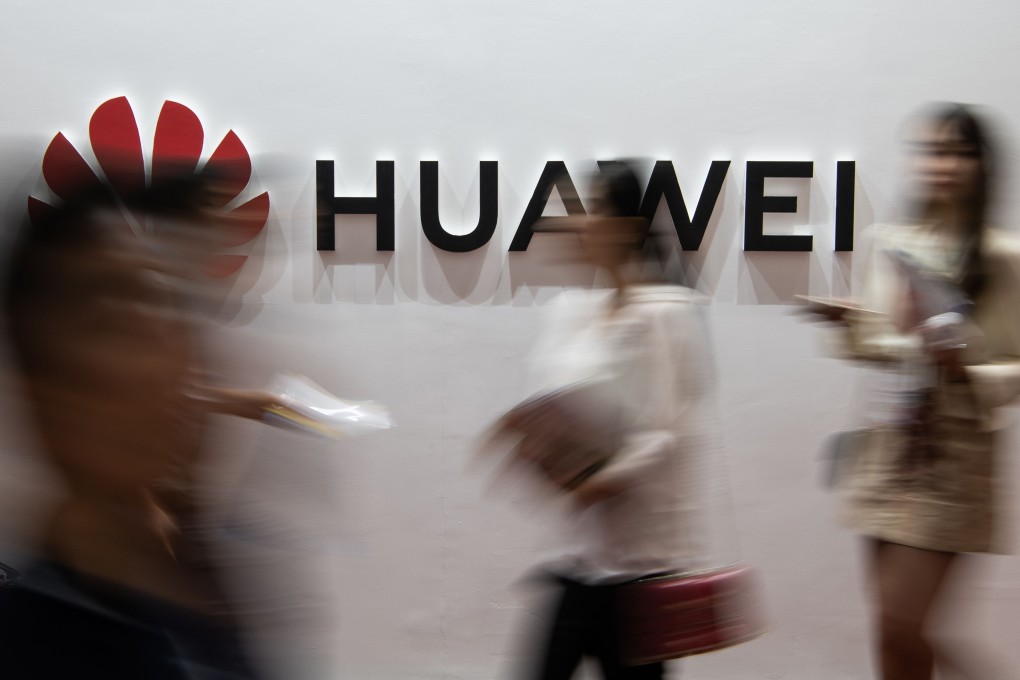Huawei set to unveil Hongmeng OS for smart displays as Android fate hangs in the balance
- Honor, one of Huawei’s two smartphone brands, previously announced that it will release the company’s first smart display products on August 10

Huawei Technologies will first equip its self-developed operating system on new smart display products to be launched by budget brand Honor this weekend, according to people familiar with the situation, as the world’s second-largest smartphone vendor continues to battle the effects of being placed on a US trade blacklist.
The long-awaited OS, known as Hongmeng and now seen as a potential replacement for Google’s OS after Huawei was banned from buying American-made technology, will be introduced during the three-day 2019 Developer Conference event in Dongguan starting August 9, according to the people, who declined to be identified as the information is private.
Huawei declined to comment on the matter.
Honor, one of Huawei’s two smartphone brands, previously announced that it will release the company’s first smart display products on August 10, the second day of the company’s developer conference in Dongguan, which is near the coastal tech hub of Shenzhen and home to Huawei’s headquarters.
On July 26, Honor president George Zhao Ming unveiled the HiSilicon “Honghu 818” intelligent chipset and smart pop-up camera for large screens at the Global Mobile Internet Conference (GMIC) in Guangzhou, as a warm-up move ahead of the official release of the smart display products in Dongguan.